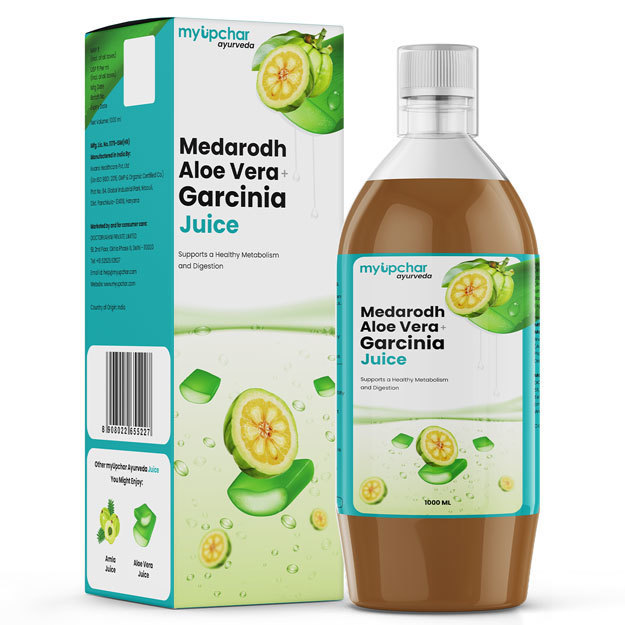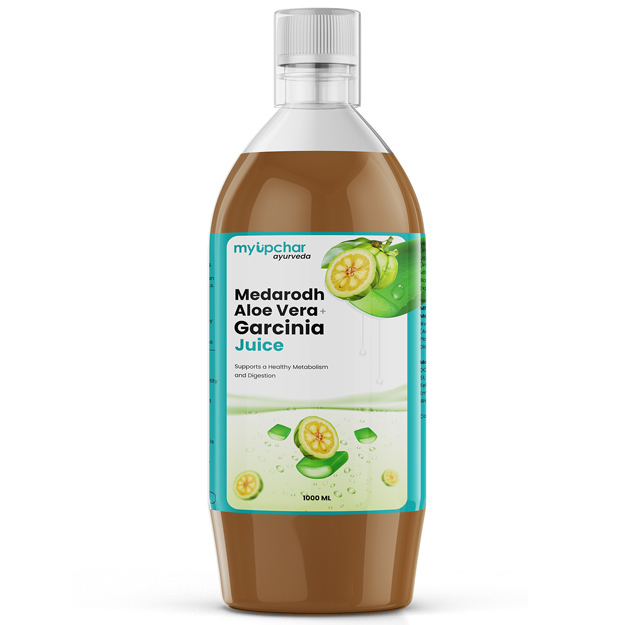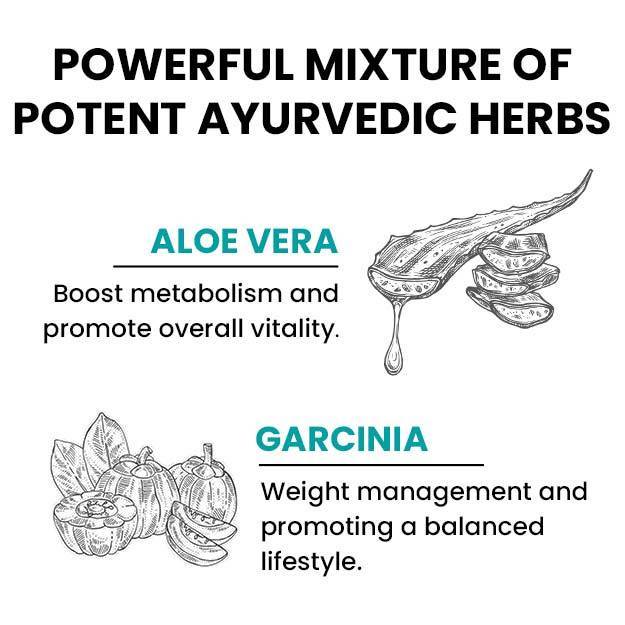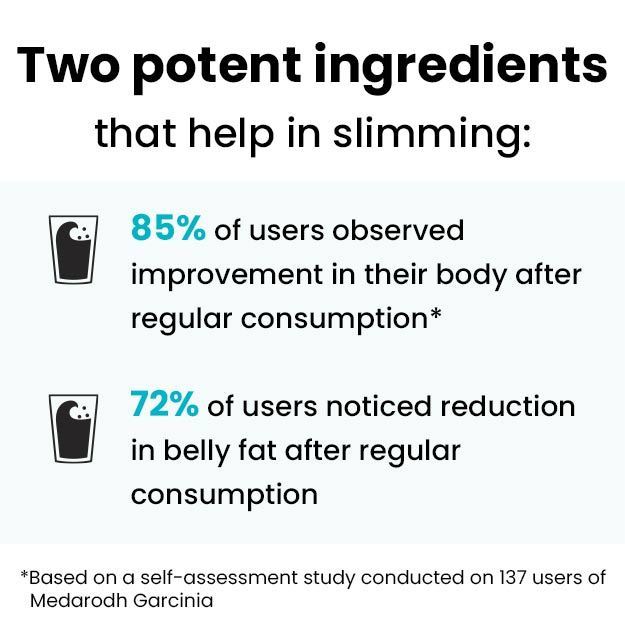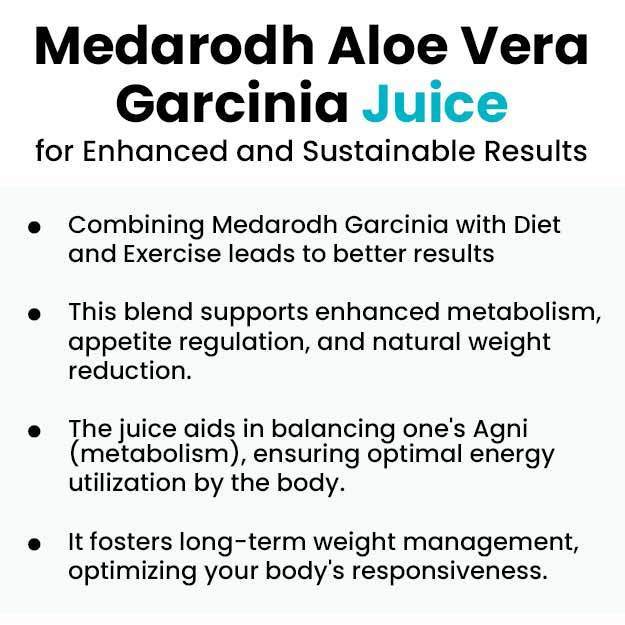Chicken is probably the most common types of meat consumed across the world. It is also the one most well known for its health benefits.
Whether it's chicken soup as a remedy for a common cold or a chicken-based diet to add that dose of high-quality protein to your meals, you don't have to be a health expert to know how this poultry meat helps our health and well being. Chicken contains a lot of vitamins and minerals and is low in carbs.
Being affordable and readily available compared to other types of meat, chicken is a staple ingredient in several traditional preparations and cuisines all around the globe. It can be prepared in various ways depending upon the dish or meal for which it is used. These include boiling, grilling, baking, frying, and barbequing among others.
Did you know?
The use of chicken for consumption dates back to around 600 BC. It was also the most commonly available meat in the middle ages. In India, chicken is also the most favoured meat consumed by people of all age groups. Ayurvedic texts mention the benefits of chicken consumption for the vata and pitta doshas.
Owing to its popularity and demand, chicken is one of the many birds which are bred using advanced methods of poultry farming, especially in the developed countries. The lesser developed countries, however, still rely on traditional methods of poultry farming and breeding chicken.
Read on to know all about the health benefits and side effects of consuming chicken.





